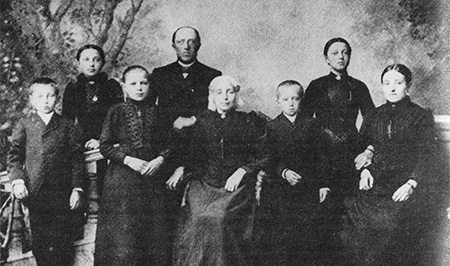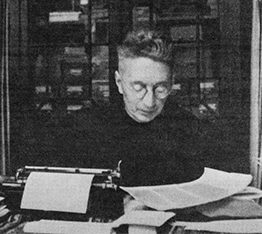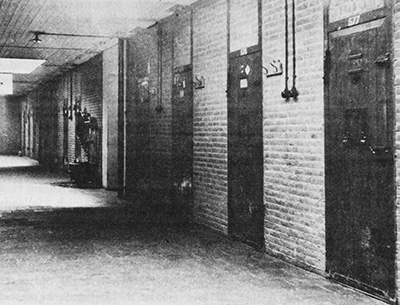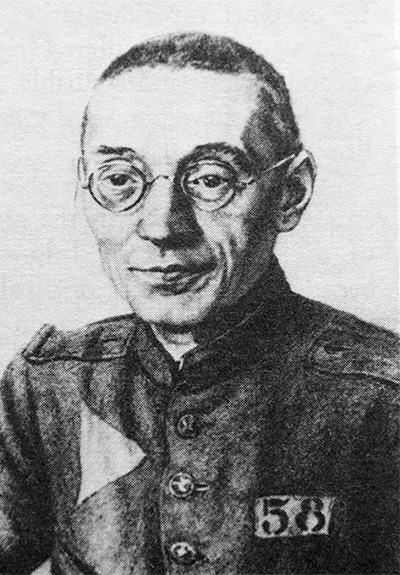Inmate Recollections…Various Camps.
Prison Chaplain, Ludwig Deime:
“His attitude was calm, serene, joyful, and kind. That merriment and that patience did not demand an effort on his part.“
Brother Raphael Tijhuis, O. Carm:
“If anyone asked him whether he had been beaten, he would answer smiling: ‘For that fellow beating seems to signify his morning prayer’. When I had finished tending his swollen feet and helped him to get up, he would tap me on the shoulder with a smile and say to me ’Now Brother, I’m a gentlemen again’. I never saw him angry or in tears, notwithstanding the terrible treatment he had to cope with.
“How happy he was when I would bring him communion. One evening as Fr. Titus was being inspected he was set aside. A few moments before I had passed the Blessed Sacrament to him secretly and he had put it in his spectacle case and hidden it under his armpit. The head of the cell block with one blow laid Fr. Titus out on the floor. He tried to rise, but the continued blows sent him back to the floor. He managed to crawl under the beatings until he reached the dormitory door where I picked him up and anything, for I was adoring Him whom I carry”. Then he said, “ Let us say an Adoro Te together”. Silently we adored in prayer the hidden God who was in our midst.”
Protestant Colonel A. F. Fogteloo:
”What was most noticeable was his goodness, his meekness, his radiant face…his eyes were extremely gentle; he had great joy. He was very well mannered, given his priestly formation and his delicacy of character. The way in which he greeted anyone who came to him, with a cordial and understanding smile, provided warmth to frozen souls.”Essays on Titus Brandsma










